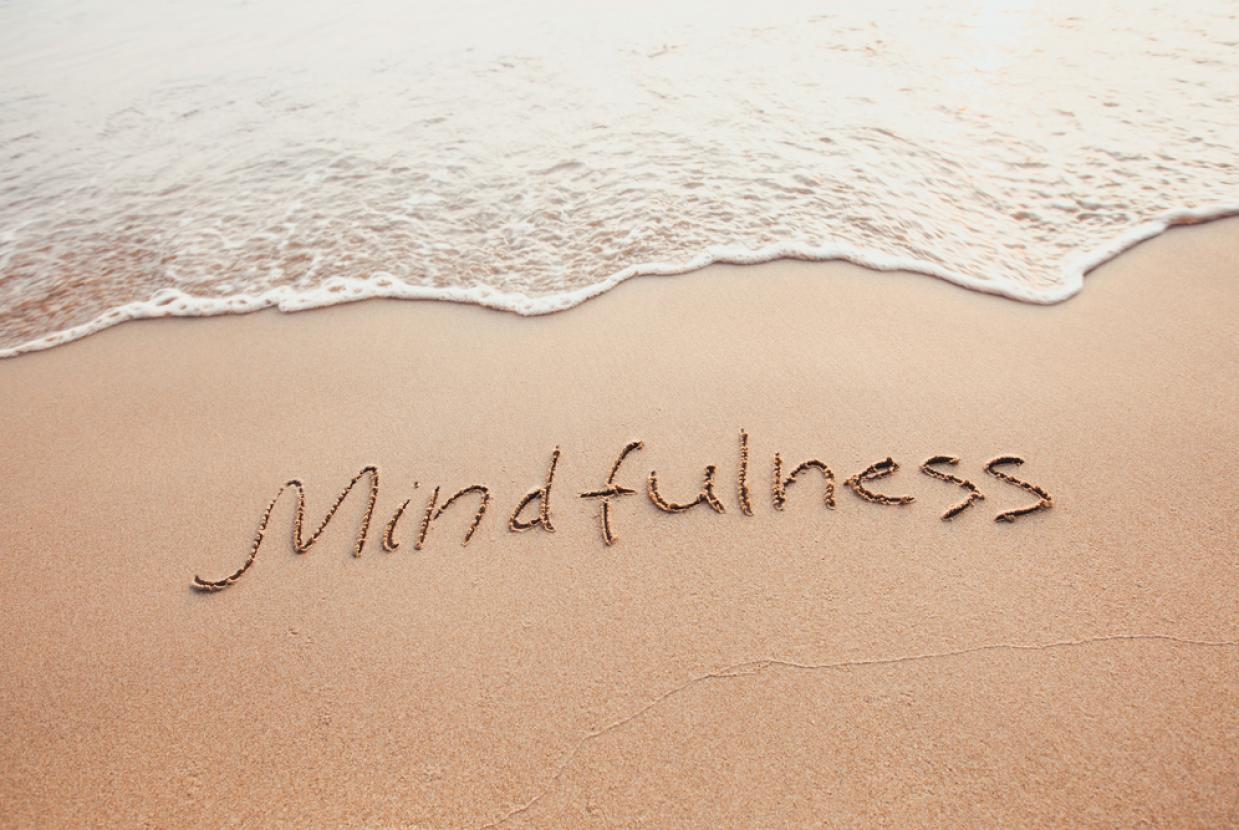Anger
Most people feel angry sometimes, but if it's affecting your life, there are things you can try that may help.
Support is also available if you're finding it hard to cope with stress, anxiety or depression.
Symptoms of anger
Anger can cause many different symptoms. It might affect how you feel physically or mentally, or how you behave. Some people become aggressive towards others when they're angry. Other people hide their anger and may take it out on themselves. It's not always easy to recognise when anger is the reason why you're behaving differently.
Physical symptoms
- faster heartbeat
- tense muscles
- clenching your fists
- tightness in your chest
- feeling hot
Mental symptoms
- feeling tense or nervous
- being unable to relax
- being easily irritated
- feeling humiliated
- resenting other people
Changes in behaviour
- shouting
- ignoring people or sulking
- starting fights
- breaking things
- self-harming
Things you can try to help with anger
Do
- try to recognise when you start to feel angry so you can take steps to calm down as early as possible
- give yourself time to think before reacting – try counting to 10 and doing calming breathing exercises
- talk to people about what's making you angry – speak to someone who is not connected to the situation, such as a friend, a GP or a support group such as Samaritans
- exercise – activities such as running, walking, swimming and yoga can help you relax and reduce stress
- find out how to raise your self-esteem, including how to be more assertive
- consider peer support, where people use their experiences to help others. Find out more about peer support on the Mind website
- listen to free mental wellbeing audio guides
Don’t
- do not try to do everything at once; set small targets you can easily achieve
- do not focus on things you cannot change. Focus your time and energy on helping yourself feel better
- try not to tell yourself that you're alone – most people feel angry sometimes and support is available
- try not to use alcohol, cigarettes, gambling or drugs to relieve anger – these can all contribute to poor mental health
Anger management programmes
A typical anger management programme may involve 1-to-1 counselling and working in a small group. A programme may be a 1-day or weekend course, or over a couple of months.
The structure of the programme depends on who provides it, but most programmes include cognitive behavioural therapy (CBT), as well as counselling. There are also private courses and therapists who can help with anger issues.
Causes of anger
There are many different causes of anger and it's different for everyone. Some common things that make people feel angry include:
- being treated unfairly and feeling powerless to do anything about it
- feeling threatened or attacked
- other people not respecting your authority, feelings or property
- being interrupted when you're trying to achieve a goal
How you react to anger can depend on lots of things, including:
- the situation you're in at the moment – if you're dealing with lots of problems or stress, you may find it harder to control your anger
- your family history – you may have learned unhelpful ways of dealing with anger from the adults around you when you were a child
- events in your past – people who experience traumatic, frightening or stressful events sometimes develop post-traumatic stress disorder (PTSD) which can lead to angry outbursts
- substances such as drugs and alcohol – which make some people act more aggressively than usual
Some of the things that make you angry may not bother other people at all. You might find it hard to explain why you feel this way but talking to someone could help you find a solution.
















































































